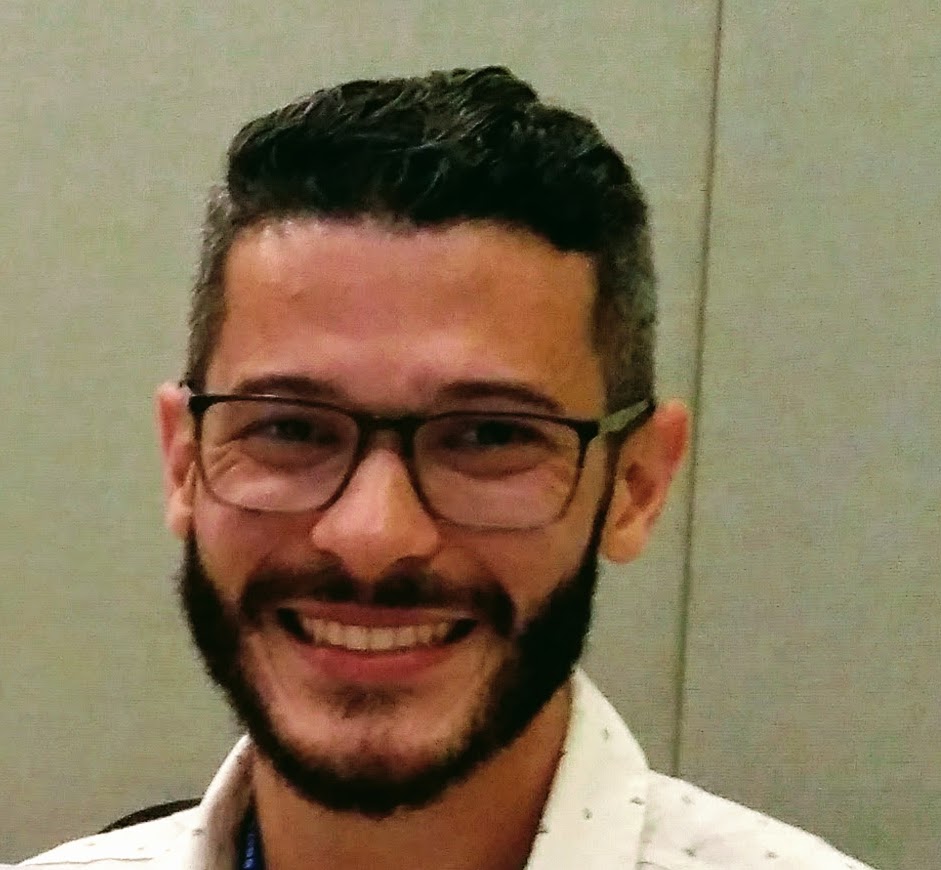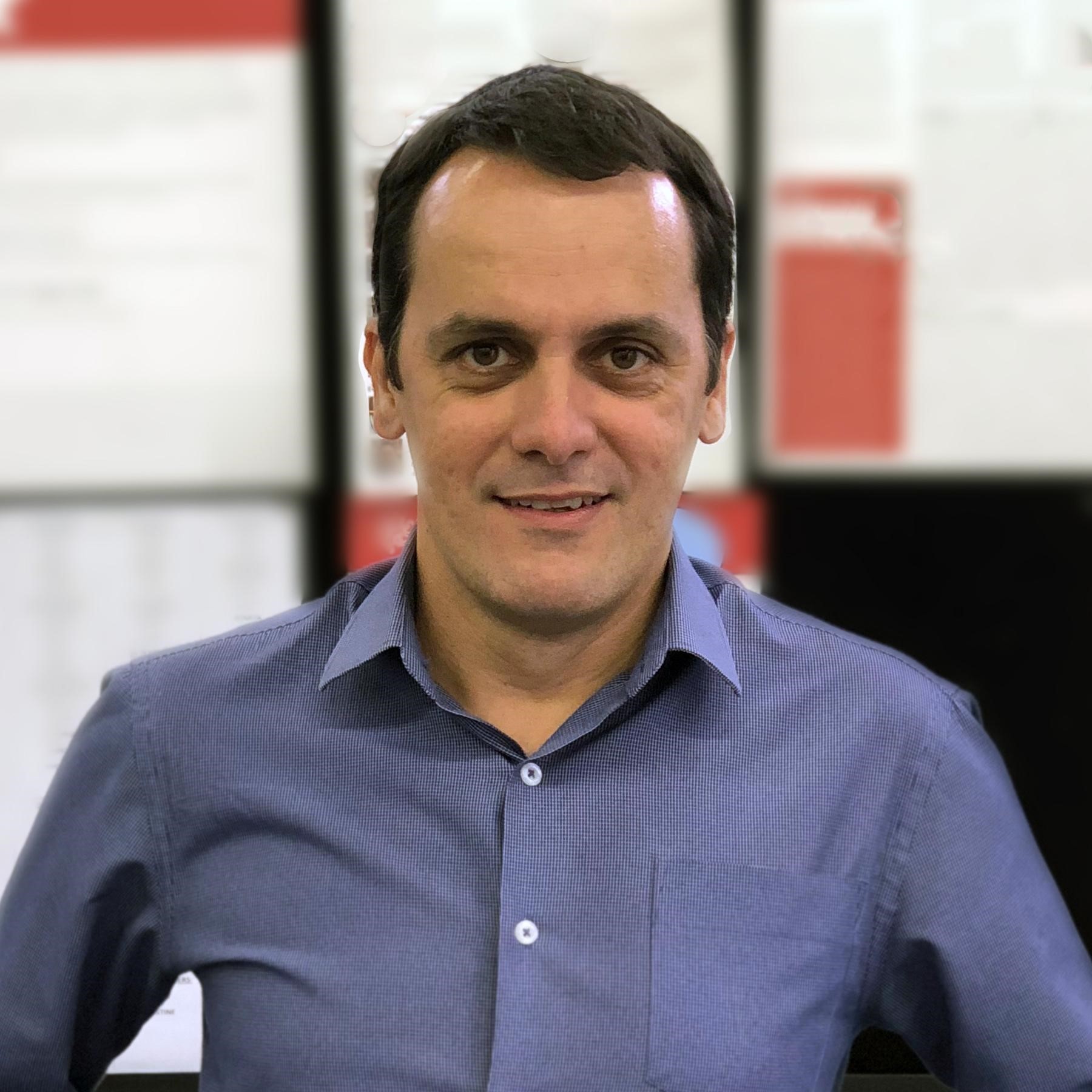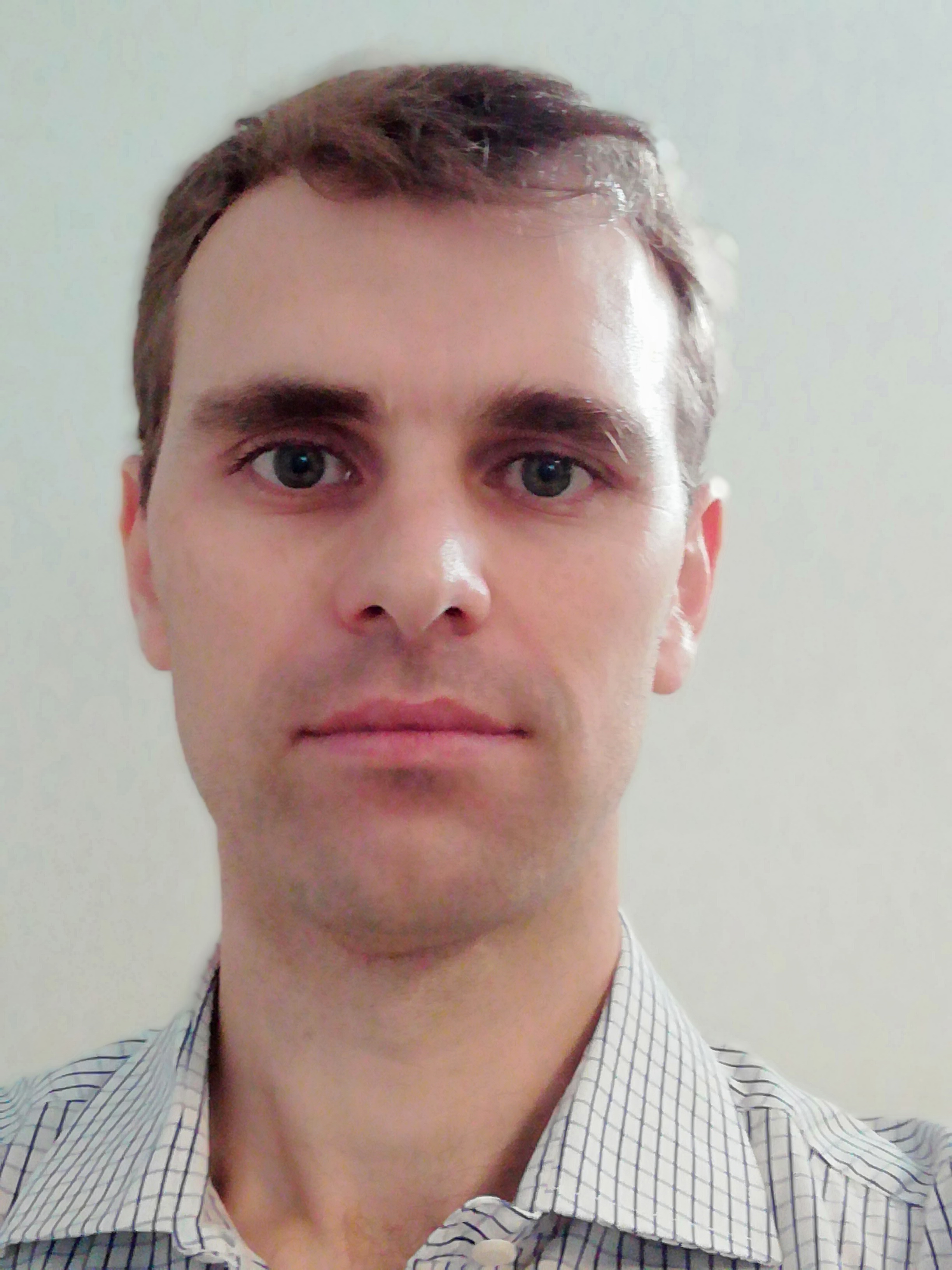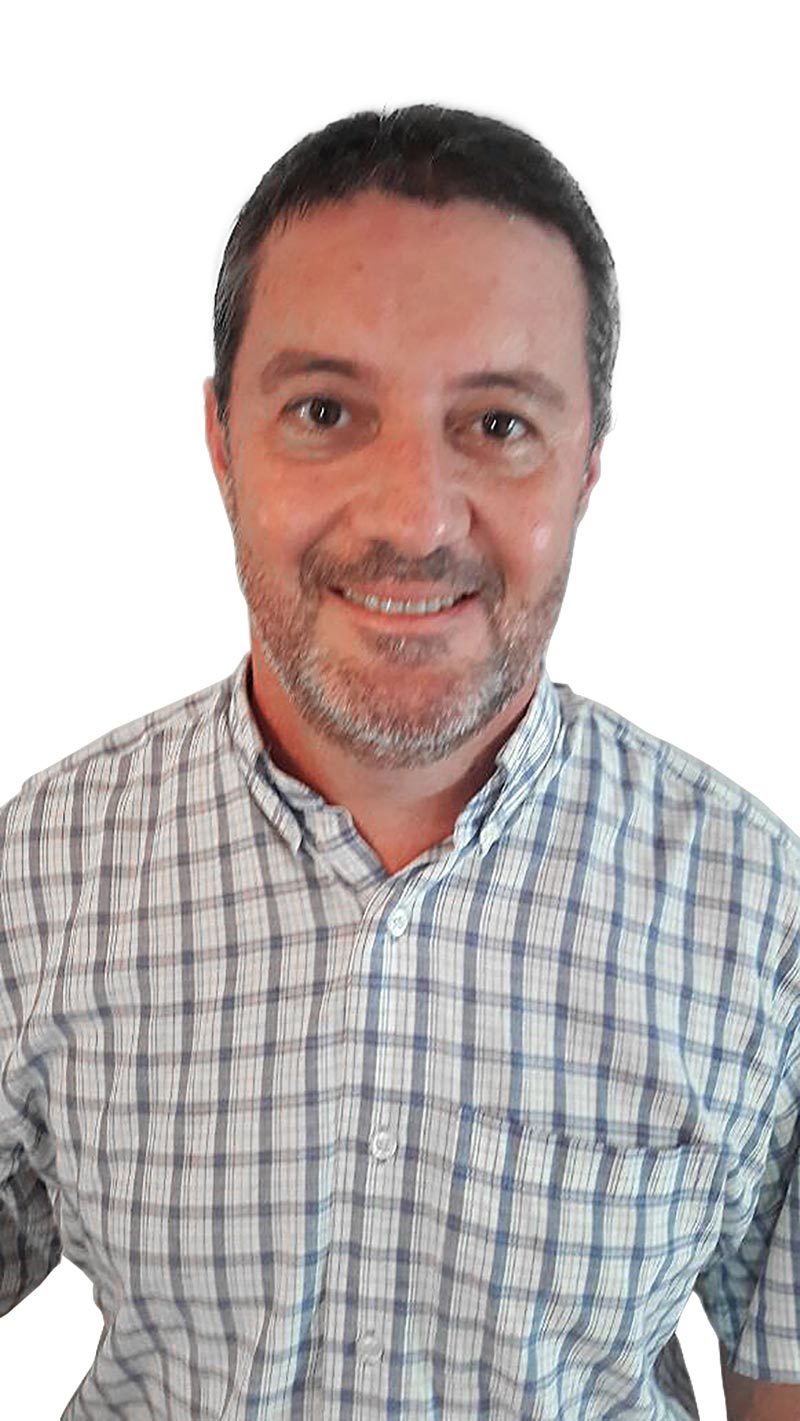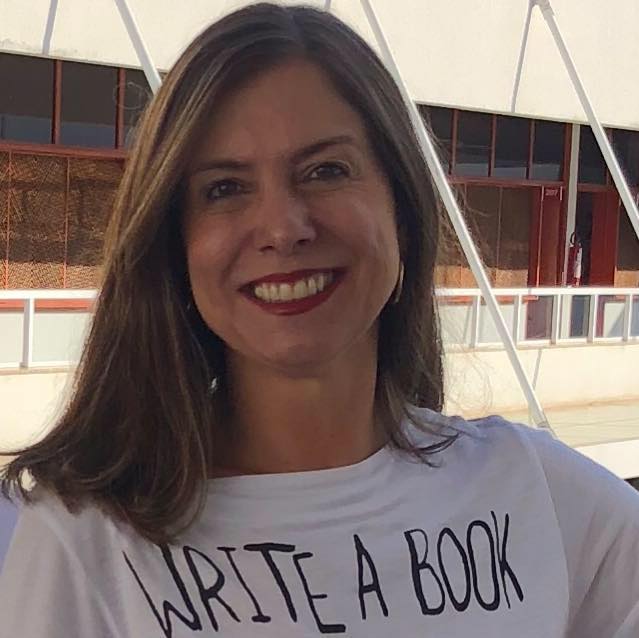Classroom-based research or should I say reflexive teaching?
I remember my first days as a teacher when I was afraid of every listening activity because I thought that spoken texts were too difficult for my students. But then a celestial voice told me “any listening text is possible depending on the task you assign.” That blew my mind.
I also remember when I came across a more recent finding that indicated that, in many cases, students have a better performance speaking L2 if grammar clarification is supported by their L1. After both discoveries, I immediately went on to think of ways to apply those ideas to my own lessons. Of course, these discoveries happened through different sources: it was a colleague who told me the secret about listening activities, but the finding on L1 helping improve L2 was something I learned from a university professor and researcher giving a talk at an international conference. However, these two findings have one thing in common: they were only possible because someone had experimented before and then reported. Of course, each one had its own supporting details that appealed to me for different reasons (one was more due to personal trust and the other one because of methodological soundness), but they are both about experimenting and reporting, i.e. researching.
Research is often associated with academia, university professors who are paid to carry out experiments and case studies, and very often are not really in the eye of the storm. Yet, their production is very helpful because they follow good principles – they analyze data, recognize something to be improved, create hypotheses and ways to test them, test them and then report their findings. This is the scientific cycle. Very different from what teachers do, right? Of course not. Don’t teachers analyze students’ performance and recognize points to be improved? Don’t we create hypotheses on how students can improve? Don’t we think of ways to try and solve these problems? Don’t we make students use the language after that in order to know if this work has been effective?
We can analyze our methodologies and techniques from this perspective. Take the Test-Teach-Test approach, for instance. It is frequently praised for its understanding that the teacher has to (and has the ability to) recognize problems in students’ performances, hypothesize on the nature of these problems and on possible strategies to solve them, implement these strategies and analyze students’ response to them. It sounds complex (and it is!), but this is what teachers do on a daily basis, even when they are not overtly using Test-Teach-Test.
Another method used to teach languages, Didactic Sequences also resemble the scientific cycle in many aspects. Its starting point is always a piece of students’ production. For example, say the teacher is going to teach students to write a cover letter. The first step is asking students to write one. After collecting their production, the teacher analyzes it – just like researchers, the teacher analyzes data. Then, she/he lists what students need to improve and what strategies she/he can use – i.e. create hypotheses and ways to test them. If they work, the teacher moves on to the next problem to be solved. In the end, students produce again and the teacher analyzes their production one more time.
Although it is clear that the teaching and the researching cycles differ in some aspects (the techniques used, the strictness of the analyses and the time in disposal), they share features that can not be ignored. Having said that, what is missing? Awareness and reporting. That is, having in mind that the researching cycle is always in progress in our lessons, we should keep track of it and be ready to share. In this case, to share means to write, to present our work at teaching events, etc. We are in the eye of the storm, we have the tools, the subjects and we (as well as our students) get the benefits of good research and suffer from the lack of it. We should claim our place in this area. Of course, equipping ourselves with knowledge of sound researching principles and techniques is fundamental to do this job, but this is a different story and only comes after the attitude.

